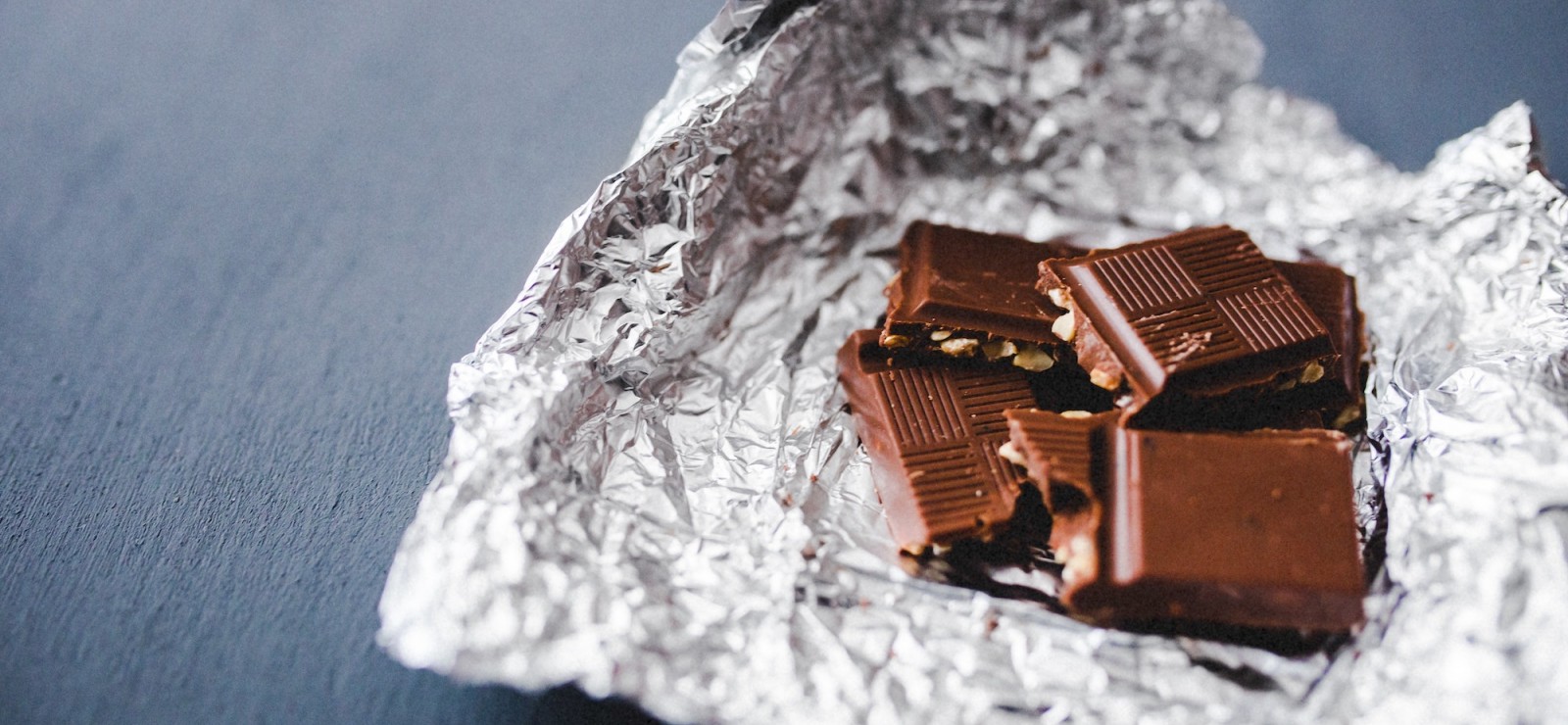It is more common than we think: things that almost everyone believes, but have long been debunked by science. Do you get acne from eating chocolate?
Evelien Verhaeghe of the department of Dermatology: 'There is no evidence for that. In general, it is very difficult to get hard evidence that any food has an effect on acne. There was quite a discussion about milk and milk products recently, but it's all not very solid. One study finds a small effect, the other finds nothing at all.'
‘Acne is caused by a blockage of the sebaceous glands. The cause is usually hormonal. That's why acne often occurs at the onset of puberty. Hormonal changes in your body cause you to produce more sebum. This clogs your pores, especially in the sebum-rich areas of your body, such as your face. These are the well-known black or white dots. Sometimes there is an inflammatory reaction, but acne in itself is not an inflammation.’
Isn't there any way to prevent acne?
'Actually, there isn't. It has nothing to do with personal hygiene, perspiration or vitamin deficiencies. To prevent acne, however, you can degrease your skin by regularly washing it with soap. But too much washing is not good either, because it dries out your skin. So: use the correct products that degrease and moisturise your skin at the same time. And, if necessary, a local and systemic treatment in addition'.
'.
Read also
Is a stool transplant a potential treatment for Parkinson’s?
A recent study into Parkinson’s disease has shown that a stool transplant may constitute a new and valuable treatment of the disease. “It offers a potentially safe, effective and cost-efficient way of alleviating the symptoms and improving the quality of life of millions. A 'bacterial pill' might replace the stool transplant in the future. But more research is needed.”
Researcher fights unpleasant side effect of breast cancer treatment with innovative contrast agent
1 in 9 women in Belgium will develop breast cancer. The treatment is often accompanied by the injection of a radioactive liquid and blue dye that can turn the breast blue for years. To avoid this side effect, Ghent University researcher Loren Deblock is working on a new contrast agent made of... nanocrystals.
Is it easier to live with HIV than with the stigma that surrounds it?
HIV, the virus that causes AIDS, surfaced in the eighties. Long gone are the times when the virus was a sure death sentence. Still, even after all these years the stubborn stigma that surrounds HIV persists. Why is that and what can be done about it?
No more painful mammograms thanks to researchers in Ghent?
Researchers around the world are looking for innovative ways to detect and treat breast cancer. So are experimental oncologist An Hendrix and medical oncologist Hannelore Denys, two top researchers from Ghent.



